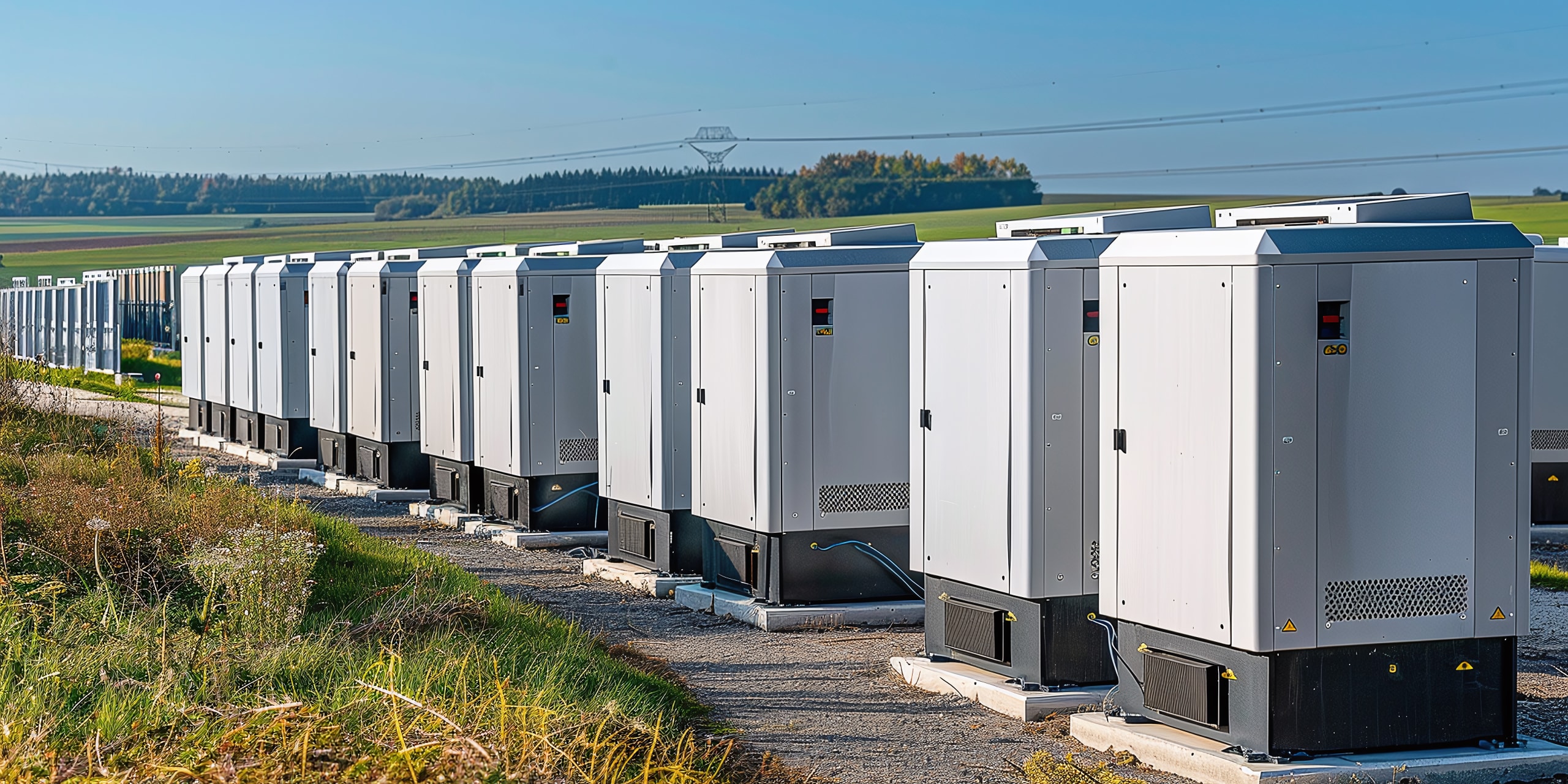The Brazilian Ministry of Mines and Energy (MME) has announced a public consultation ahead of the country’s first battery storage auction scheduled for June 2025. The auction will follow a capacity reserve auction model (LRCAP), with awarded contracts lasting for ten years, with the first scheduled to start on the 1st of July 2029. The news has been welcomed by the country’s renewable sector.

An auction to ensure grid stability
Pete Tillotson, BESS analyst at Rho Motion commented “Battery storage in South America remains limited, however the region has huge potential for growth as renewable capacity is added to the grid.”
While the total capacity for the auction has not yet been disclosed, it has been confirmed that storage systems will be required to operate with a minimum of 30MW for four hours. Winners of the LRCAP auction will receive payments for their commitment to ensure availability when needed, whether or not electricity is actually dispatched. This mechanism is designed to ensure grid reliability during periods of high demand or unexpected events, such as extreme weather or outages in generation capacity.
READ: Europe’s battery manufacturing struggles, Northvolt and VW scale back production plans
Brazil’s storage and energy landscape
Currently, Brazil’s battery storage market is still in its infancy, with only a limited number of projects in operation. However, the country boasts one of the cleanest energy grids globally, with 84% of its electricity generated from renewable resources. Hydropower dominates this mix, but with increasing drought conditions impacting hydroelectric production, the government is pushing for greater investment in wind and solar energy.
Battery storage is viewed as crucial for maximising the potential of Brazil’s renewable energy output, enabling a more consistent and reliable supply. The LRCAP auction is expected to catalyse investment in the sector, aiding the integration of renewables into the country’s energy system.
READ: UK’s sixth contracts for difference energy auction proves successful, a positive for the storage industry
Challenges to the implementation of battery storage in Brazil
However, significant hurdles remain. Brazil’s battery manufacturing capacity is limited, which forces companies to import battery storage systems, driving up initial costs due to logistics expenses and import tariffs. Furthermore, imported batteries must meet stringent regulatory standards, adding complexity to the procurement process.
More Information
For more information about the ESS market landscape, see our research, or get in touch.
Image Credit: Adobe Stock
For full access to our news and insights, log in to our Membership Platform
If you’re not yet a member and would like a trial, fill in the form below.

 Back to News
Back to News